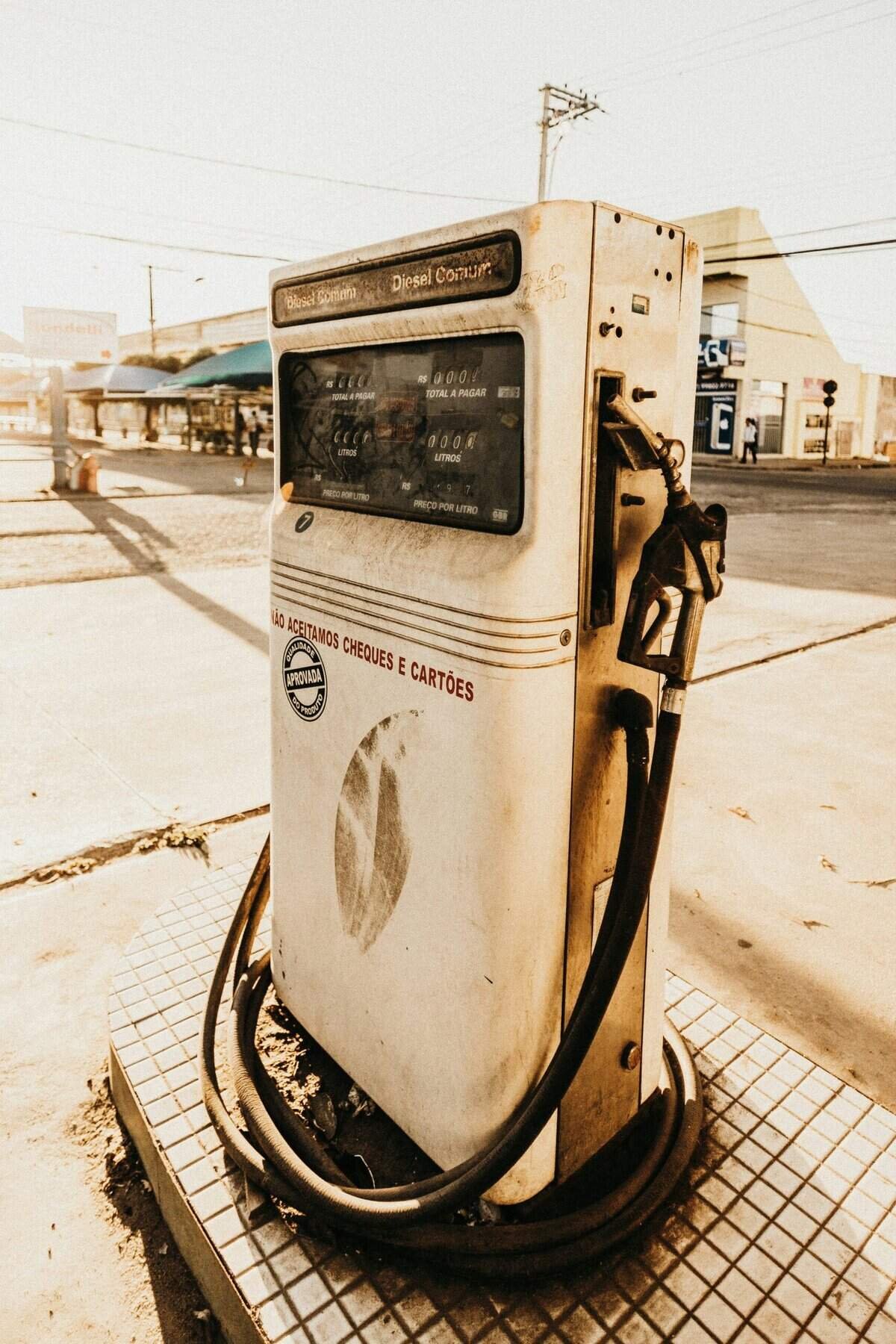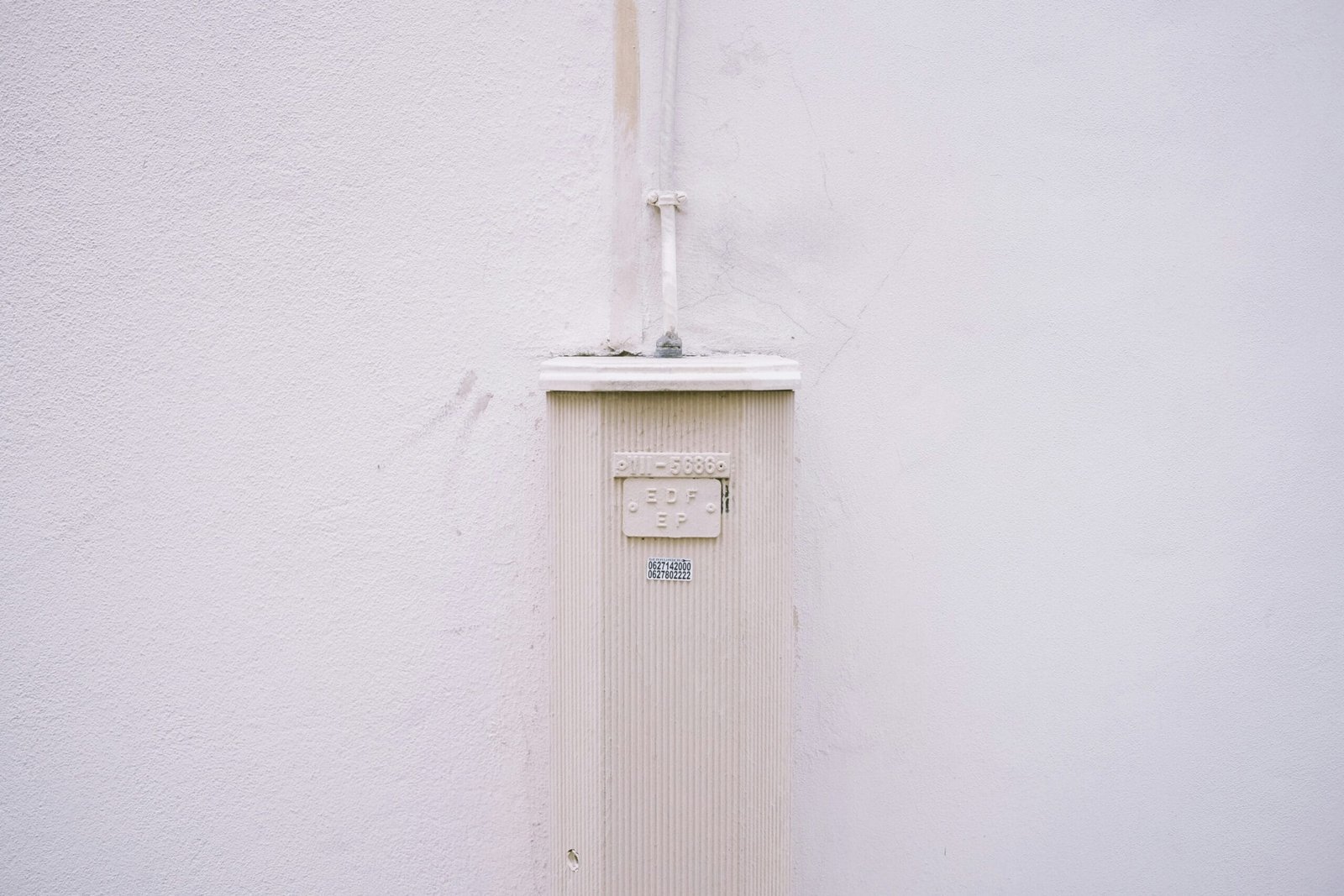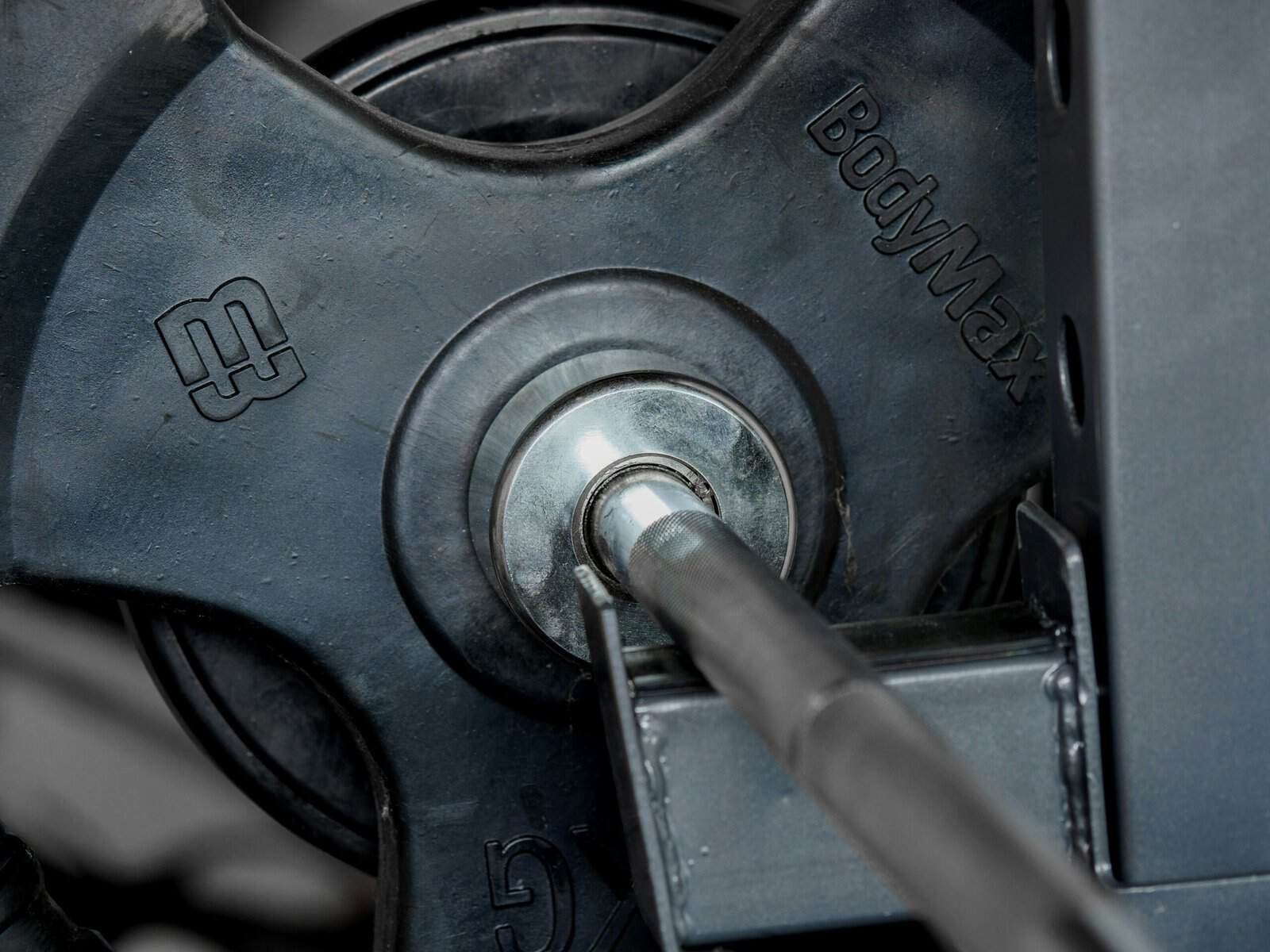Have you ever wondered if your well pump is on its last legs or simply needs a little attention? Recognizing the signs of a failing well pump early on can save you time, money, and a lot of frustration. Whether you rely on your well as your primary water source or as a backup, knowing the status of your well pump is crucial.
Understanding Your Well Pump
A well pump is a fundamental component of your water system that helps bring water from the ground to your home. Well pumps generally fall into two categories: submersible pumps and jet pumps. Each type has its unique design and operation, which means they also have different signs when they start to fail.
Types of Well Pumps
- Submersible Pumps: These pumps are submerged in the well itself and are known for their efficiency and ability to handle a wide range of depths.
- Jet Pumps: Typically located above ground, jet pumps are more effective for shallow wells and use suction to draw water upwards.
Each type has its ups and downs, and recognizing the signs of trouble can depend on which kind you have. Understanding these basics can help you identify when something might go wrong.
Common Signs of a Failing Well Pump
Inconsistent Water Pressure
A common sign that something might be amiss with your well pump is inconsistent water pressure. If your showers are suddenly less enjoyable due to weak water pressure, or if it fluctuates dramatically when using multiple faucets, it might be time to investigate your pump.
Strange Noises
Unusual sounds can be another indication of a failing pump. Grinding or squealing noises might suggest that the pump is working harder than it should be, often due to worn-out or damaged components. Paying attention to these sounds can prevent further damage.
Air in Your Water Lines
Turning on a faucet and witnessing unpredictable spurting or sputtering is a classic sign of air entering your water lines. This can happen when your well pump struggles to maintain a constant draw of water, potentially pointing to an issue.
High Electric Bills
If your electricity bill has unexpectedly spiked, your well pump might be to blame. Pumps that run continuously due to a malfunction can draw a significant amount of power, leading to higher energy costs. Monitoring your electricity usage can help identify an issue.

Why Addressing These Issues Matters
Ignoring the signs of a failing well pump can lead to bigger problems down the line. Taking swift action ensures your water supply remains consistent, prevents potential damage to other systems, and saves you from the inconvenient and costly experience of a complete pump failure.
Maintaining Water Quality
A malfunctioning pump can often mean a disruption in water quality. Contaminants can enter the system more easily if the pump isn’t creating a proper seal or pressure within the water lines. Addressing pump issues keeps your water safe and healthy to use.
Preventing System Overload
Running a failing pump can also stress the rest of your water system. Over time, this can lead to additional expenses and the need to replace more parts than just the pump itself. Keeping the pump in top shape preserves the entire system’s efficiency.
Diagnosing the Problem
When you suspect your well pump might be failing, there are a few steps you can take to diagnose the issue more precisely. This approach can prevent unnecessary anxiety and expenses.
Conduct a Flow Rate Test
A simple way to assess your well pump’s condition is to conduct a flow rate test. Measure how much water your well pump can produce over a specific time period. If the flow is below normal rates, it may indicate pump wear or an issue with the well itself.
Inspect for Leaks
Check your system for any visible leaks. This includes examining pipes and connections between the pump and your home. Leaks can reduce pressure and lead to pump overexertion.
Listen to the Pump
Spending a few moments listening to your pump can provide a lot of information. Note any unusual noises and where they seem to be coming from. This can help a professional zero in on the problem quickly.

Professional Assessment
If you’re unsure about diagnosing the problem yourself, it could be beneficial to call in a professional. A licensed plumber or well specialist has the expertise and tools required to analyze, identify, and fix the issue.
Proactive Maintenance
Preventing well pump failure is all about routine checks and maintenance. Regular inspection and servicing of your pump increase its lifespan and reliability.
Set a Maintenance Schedule
Create a schedule for regular maintenance of your well pump system. This could include semi-annual or annual check-ups where a professional inspects your pump for wear and tear, cleans necessary components, and ensures everything is functioning as it should.
Keep an Eye on Water Quality
A change in water quality, such as an unusual color, taste, or smell, can often foreshadow pump issues. Regularly testing your water for contaminants ensures both your water’s health and your pump’s performance.

Understanding Common Causes of Pump Failure
Arming yourself with knowledge about why well pumps fail can prevent future headaches. Here are some common reasons why pumps potentially fail:
Under-sizing or Over-sizing
Choosing the wrong size pump for your well is a critical mistake. An under-sized pump must work harder to meet your household’s needs, while an over-sized pump can lead to water wastage and increased energy consumption. Ensure your pump is correctly sized for optimal performance.
Corrosion and Wear
Over time, exposure to water and varying minerals can cause corrosion and wear in the pump’s components. Regular inspections can catch these issues early before they lead to complete failure.
Motor Failure
Motors are the heart of any pump, and like all mechanical parts, they’re susceptible to failure. Issues with the motor can arise from electrical problems, which a professional can typically assess and repair.
When Replacement is Necessary
Sometimes a well pump simply cannot be salvaged. Recognizing when it’s time to invest in a replacement can save money and ensure continuous access to water.
Age of the Pump
Most well pumps have a lifespan of 8-15 years. If yours is reaching that age and starting to show signs of failure, it might be wise to consider replacement.
Cost vs. Benefit
When ongoing repairs start to add up, replacing can be more cost-effective in the long run. A new pump will operate more efficiently and can provide peace of mind with its reliability.

Conclusion
Recognizing the signs of a failing well pump and understanding how your pump operates can keep your water supply reliable and your household running smoothly. By monitoring water pressure, noting unusual sounds, and addressing problems quickly, you can ensure your well pump serves you efficiently for many years. Remember, routine maintenance and timely professional assessments are your best defense against unexpected pump failure. So, are you ready to give your well pump the attention it might need?
